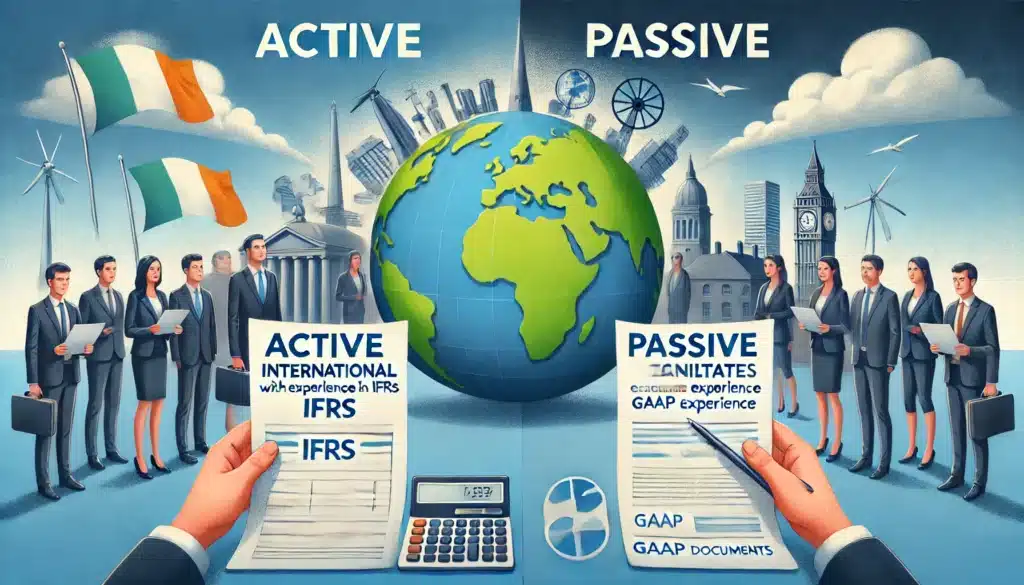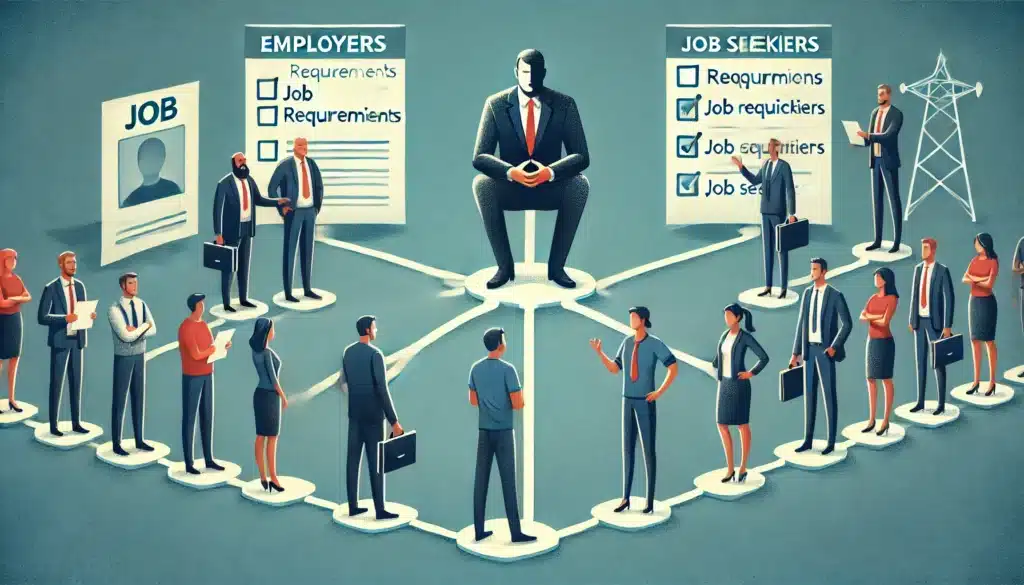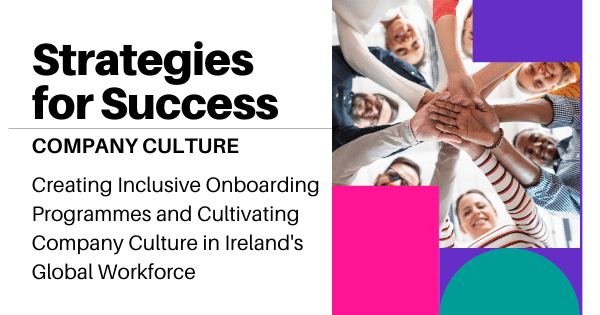Mastering Internal Promotions: A Complete Employer’s Guide, Part 1

The Disappearing Act of Internal Career Progression
In today’s competitive job market, one of the most frequent complaints from employees is the lack of opportunities to advance within their organisations. This growing frustration is evident in the number of qualified professionals seeking recruitment assistance for external roles, despite their companies actively advertising positions that they could easily fill.
This raises an important question: why are so many internal candidates being overlooked?
The Current Landscape
Historically, internal career progression was the backbone of employee retention strategies. Companies groomed their staff to take on leadership roles, fostering loyalty and creating a culture of growth. However, recent trends suggest that internal hiring has taken a backseat, with external recruitment often becoming the preferred option.
A survey found that 40% of employers in Europe prefer hiring external talent over promoting internal candidates, with Ireland being among the countries where this trend is prevalent (41% prefer external hires). At the same time, more than 50% of respondents in a Deloitte survey indicated it is easier for employees to find jobs outside their organisation than within it. Additionally, 45% reported that employees lack visibility into internal positions, and 49% identified a lack of processes to facilitate internal moves as a significant barrier .
This creates a paradox: organisations are struggling to retain talent while overlooking their most valuable assets—existing employees.
What Employees Are Saying
Employees who approach us at Hall Recruitment often cite the same frustrations:
- “I feel like I’ve hit a wall.”
They don’t see any room to grow within their current role or organisation. - “I’m not being considered for internal openings.”
Despite being qualified, they’re overlooked for roles filled externally. - “My contributions aren’t recognised.”
A lack of acknowledgment leads to disengagement and job searching.
These employees are skilled, motivated, and ready to grow, but they feel undervalued and underutilised.
What Employers Are Thinking
On the other side of the coin, employers face their own challenges:
- The need for specific experience.
Employers may believe internal candidates lack the exact skills needed for a new role. - Time and cost considerations.
Training an internal hire might take longer than onboarding someone with prior experience. - Limited visibility.
Internal candidates may not effectively showcase their skills or career aspirations, making them an afterthought in hiring decisions.
The Disconnect
This tug-of-war reveals a significant disconnect between employees and employers. Candidates feel ignored, while companies view internal progression as a logistical challenge. Where does the fault lie?
- Unrealistic candidate expectations?
Do employees overestimate their readiness for new roles? - Lack of proactive HR reviews?
Are HR departments failing to identify and develop talent from within? - Poor communication?
Are employees vocal enough about their ambitions, and are managers listening?
The truth likely lies somewhere in between.
Why Internal Progression Matters
Ignoring internal talent can have long-term consequences for organisations:
- Decreased Employee Retention: Employees who feel stagnant are more likely to leave.
- Lost Institutional Knowledge: External hires require time to adapt to company culture and processes.
- Lower Morale: Overlooking internal candidates can demotivate other employees.
Investing in internal progression is not only good for employees—it’s a cost-effective strategy that benefits businesses in the long run.
Steps to Bridge the Gap
Both employers and employees have a role to play in solving this issue:
Employers
- Conduct regular internal reviews: Identify potential candidates for upcoming roles.
- Invest in upskilling: Provide training to prepare employees for new challenges.
- Communicate opportunities: Make internal roles as visible as external postings.
Employees
- Be vocal about ambitions: Managers can’t act on what they don’t know.
- Demonstrate potential: Take on projects that showcase skills beyond your current role.
- Seek feedback: Understand where you stand and what you need to improve.
The Way Forward
At Hall Recruitment, we see firsthand the talent that organisations risk losing by overlooking their internal candidates. The solution lies in fostering open communication, creating clear pathways for career advancement, and recognising the potential within your existing team.
If you’re an employer looking to retain your best people or a candidate eager to find the right fit for your ambitions, we’re here to help. Together, we can create workplaces that thrive on growth, loyalty, and success.
Final Thoughts
Internal progression is more than a perk; it’s a necessity for building a resilient workforce. Let’s not allow it to become a relic of the past.
Interested in learning more? Contact us at Hall Recruitment for expert advice on fostering internal growth and hiring the right talent to take your business forward.



















